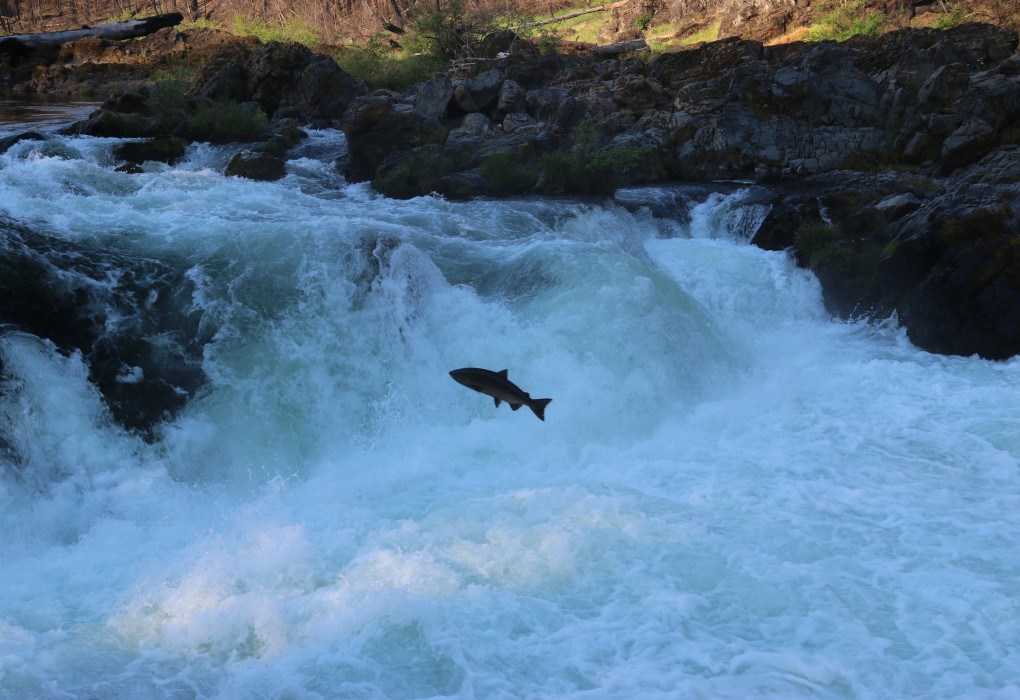ODFW Funding Reform: The Need for a Comprehensive Approach
This is the first in a series of posts examining ODFW funding challenges and Native Fish Society's recommendations for reform. Check out our next post on the unsustainable status quo of current budget allocations, and click this link for all the posts in this ongoing series.
Getting into the weeds of agency budgets is rarely anyone’s idea of a good time, but as the Oregon Legislature considers multiple bills addressing Oregon Department of Fish and Wildlife (ODFW) funding this session, the words of Jacob Lew, a former U.S. Secretary of the Treasury, resonate strongly:
"The budget is not just a collection of numbers, but an expression of our values and aspirations."
At Native Fish Society, we believe this is particularly true when it comes to the funding of ODFW. Our advocacy is focused on a comprehensive approach that addresses not just revenue generation, but also thoughtful budget reform to ensure the long-term recovery and sustainability of our fish and wildlife resources, reflecting the true value we place on these vital natural treasures. This post is the first in a series exploring the financial headwinds facing the agency, the need to change the current spending model, and what a new vision for a wild fish focused management paradigm could look like.
The Funding Challenge
ODFW currently faces significant financial challenges that cannot be solved through revenue generation alone. The agency is grappling with revenue shortfalls that necessitate $8.8 million in expenditure cuts to the 2025-2027 budget, while simultaneously facing a staggering $230+ million in deferred maintenance for state-owned hatchery facilities. The proposed budget includes cuts of $1.9 million to critical monitoring programs that are key to managing sustainable fisheries and reducing hatchery impacts. In addition, a $2 million reduction in hatchery management spending (i.e. the money used to raise and rear hatchery fish) is proposed through the closure of Salmon River Hatchery on the central Oregon coast and the hatchery programs historically associated with the burned Rock Creek Hatchery in the Umpqua basin.
The 2025 Oregon legislature is considering various approaches to increase revenue, including license fee adjustments through HB 2342 and a proposed 1% increase to the Transient Lodging Tax via HB 2977. While these measures may help address funding gaps in future budgets, they won't solve the fundamental budget allocation issues facing the agency. Simply generating more revenue without addressing how the agency’s funds are expended risks perpetuating an unsustainable system.
Throughout this legislative session, Native Fish Society has testified that ODFW needs both new revenue sources and a strategic reevaluation of how those funds are spent. This dual approach is essential to ensure the long-term health of Oregon's iconic fish species and the rivers they call home.
We encourage our supporters to contact their legislators and emphasize the importance of not just increasing funding for ODFW, but ensuring those funds are allocated effectively to support conservation and recovery efforts that will provide the greatest return on investment for our fish, rivers, and communities.


